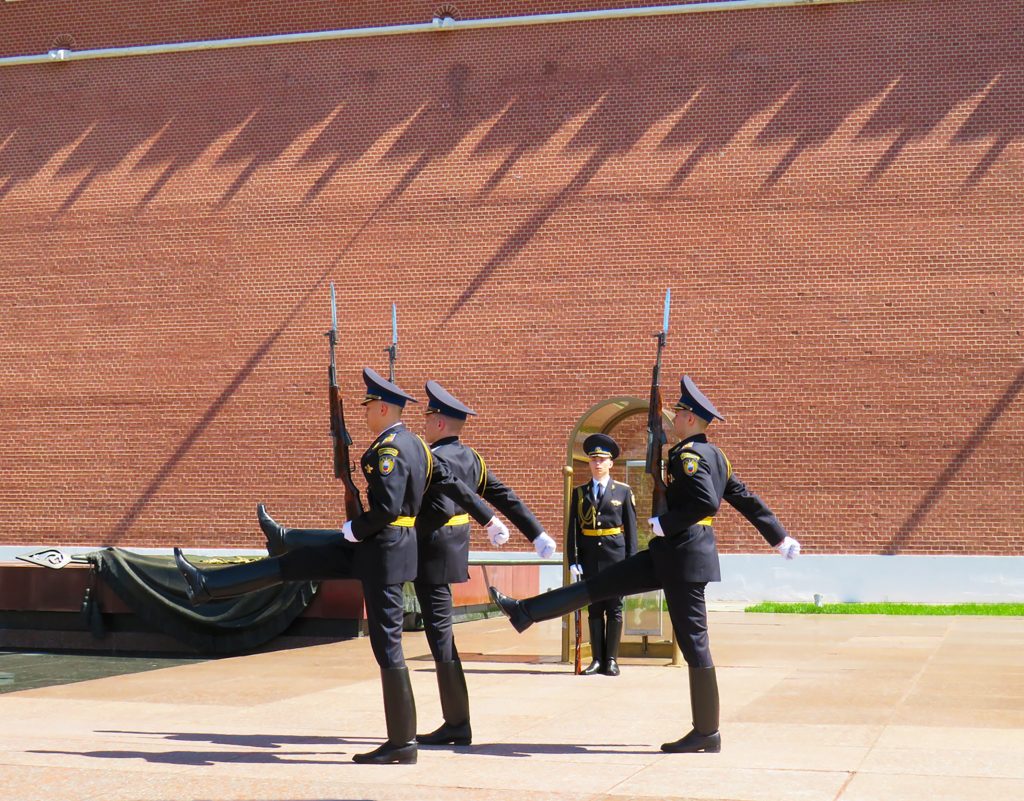5 Words You Need To Understand Russian News — Part II Posted by Maria on Jul 8, 2019 in language
In Part I of this post, we looked at some concepts that come up in the Russian media to talk about the government and society. Today, we’ll look at three additional words that you will often see in Russian-language sources.

3. О́бщество
О́бщество translates as “society.” You can see this word in such combinations as “гражданское общество” (civil society, or one where people are engaged in governing their community) or “высшее общество” (high society).
О́бщество раско́лото, причём тре́щины иду́т са́мые ра́зные, и образующиеся социа́льные гру́ппы поро́й о́чень агресси́вны по отноше́нию друг к дру́гу.
There is a chasm in society, and there are many different fault lines, with the resulting social groups sometimes showing a lot of hostility towards each other.
[Дмитрий Волков, Владимир Сунгоркин. Кухня управляемой демократии // «Отечественные записки», 2003]
The related adjective is общественный. It is often translated as public, but this does not necessarily indicate the form of ownership. Общественный simply refers to something that is used or accessed by the public, like обще́ственный туале́т (public restroom/washroom/toilet).
4. Бюдже́тники
Бюдже́т is, of course, a budget. Бюдже́тники are people who are paid by the government from the official budget of the country or local community. In other words, бюдже́тники are public-sector employees. So, are public officials, such as members of parliament (депута́ты) considered бюдже́тники? Technically, they are, but in reality this word refers to lower-paid employees working at state-run institutions, such as public school teachers (учителя́) or physicians (врачи́).
Е́сли бы бюджетники получа́ли бо́льше, предпринима́тели то́же вы́нуждены бы́ли бы подня́ть зарпла́ту.
If public sector workers were paid more, business owners would also have to raise their workers’ wages.
[Ирина Прусс, Евгений Ясин. Из порочного круга // «Знание-сила», 2013]
5. Силовики́
The word силовики́ (singular силови́к) comes from the word си́ла, force. Law enforcement, military, security, and intelligence agencies are sometimes called силовы́е ве́домства in Russian. Силови́к is a person who works for one of these agencies, so someone from law enforcement (правоохрани́тельные о́рганы), broadly defined. Sometimes Russian media sources will contrast силовики́ with либера́лы (classical, free-market liberals) as the two warring factions in the Russian government.
Сто́ит заме́тить, что де́йствующий сейча́с УПК принима́лся при я́вном противле́нии силовико́в.
It’s worth noting that the Criminal Procedure Code in effect now was passed amid overt opposition by law enforcement.
[Андрей Скробот, Екатерина Блинова. МВД качает бицепсы // «Независимая газета», 2003.02.12]
Have any of these words come up in conversation for you? If you follow Russian news, have you seen them in print or on TV?

Build vocabulary, practice pronunciation, and more with Transparent Language Online. Available anytime, anywhere, on any device.





